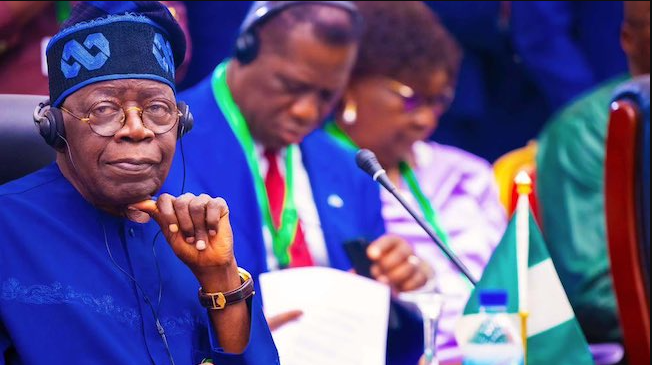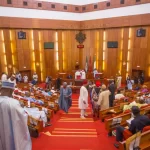In response to the escalating threat of intervention, evident in the preparations of neighboring nations, Niger has taken a significant step by officially closing its airspace starting this Sunday. This comprehensive restriction applies to all aircraft and will remain in effect until further notice, as affirmed by the nation’s newly established governing body.
This strategic decision was unveiled on the brink of the expiration of a deadline set by the Economic Community of West African States (ECOWAS). The regional bloc had previously mandated the abandonment of power by Niger’s current leadership and the restoration of democratically elected President Mohamed Bazoum, whose authority was forcefully disrupted on July 26 when his own security detail apprehended him within the presidential premises.
The situation in Niger has prompted ECOWAS to deliver a stern ultimatum to the military rulers, compelling them to step down from their positions within the span of a week. Faced with the looming possibility of military intervention, these rulers find themselves at a crossroads.
Niger’s decision to close its airspace is seen as a clear indication of the nation’s resolve to maintain sovereignty and manage its internal affairs independently. This measure may also serve as a tactical maneuver to deter potential outside intervention.
The closure of the airspace serves as a poignant reminder of the deepening crisis in Niger, which has attracted the attention of regional and international actors. The region remains on edge as the deadline approaches, and the fate of Niger’s political landscape hangs in the balance.
As tensions escalate and diplomatic efforts persist, the international community closely watches the unfolding developments in Niger. The nation’s fate rests on the delicate interplay between the resolve of its military rulers and the expectations of ECOWAS and its member states.
For more news CLICK HERE.



